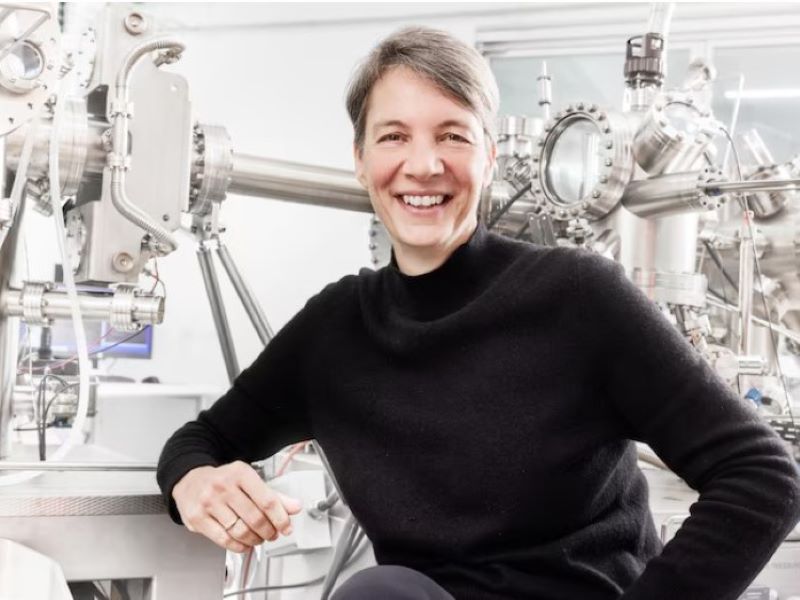Silicon Quantum Computing has entered a multimillion-dollar contract with Defence that will see it provide an Australian-made quantum machine learning processor to make sense of large datasets.
The Sydney-based startup founded by Michelle Simmons was awarded the contract through the Advanced Strategic Capabilities Accelerator’s (ASCA) Emerging and Disruptive Technologies (EDT) program.
It is one of three new projects worth $9 million, with the CSIRO and a consortium of universities — Macquarie University, University of Melbourne, the Royal Melbourne Institute of Technology and UTS — also receiving funding.

Defence has now signed $69 million through the EDT program, which inked its first deep and long-term research contracts with local quantum and defence tech companies, universities and the CSIRO last November.
All 21 contracts signed last year were value from $1.3 million to $3.3 million, suggesting SQC’s contract — which has not been disclosed by the company or Defence — is within that range.
After the deal was disclosed, Defence published a notice for a $3.2 million contract, titled ‘developing quantum machine learning capability, on AusTender.
SQC will provide Defence with one of its Watermelon Quantum Machine Learning (QML) processors, which “works exceptionally well when applied to sparse, fuzzy datasets”, the company said.
The processors, which are engineered at the company’s quantum chip manufacturing plant in Sydney, are available as either a turnkey hardware unit that can be placed within a datacentre or remotely via a fibre connection to SQC.
Professor Simmons foreshadowed the company’s first commercial product last October, with SQC investors, the Commonwealth Bank and Telstra, among the first users.
She said early results from the quantum machine learning processor showed a “five to 10 per cent increase” in accuracy, meaning it was possible to “see things that classical machine learning can’t”.
Defence has also funded CSIRO to develop quantum machine learning algorithms to detect and mitigate adversarial and spoofing attacks, while the university consortium is conducting research into detecting mis- and dis-information.
Chief defence scientist Tanya Monro on Monday said that nurturing and accelerating capability through the EDT program would help keep forces at the technological edge.
“Harnessing the collective experience of critical Australian innovators, Defence scientists and military end-users will ensure that Defence is on the front foot at a time of rapid technological development,” she said.
“In our challenging strategic environment, we must ensure Australia builds on our research and development strengths to develop future options for delivering asymmetric advantage to our warfighters.”
Update: August 28, 2025
This article has been update to include the value of the SQC contract, which was published after the announcement.
Do you know more? Contact James Riley via Email.

